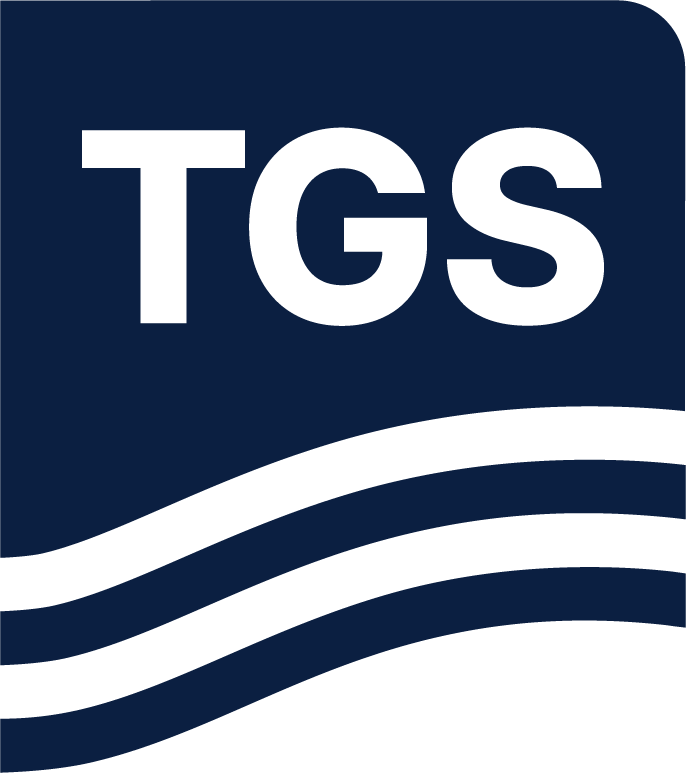Enhancing Gulf Coast CCS Project Analysis through Accurate Datasets
Carbon capture and storage (CCS) captures CO2 emissions from power plants and industrial facilities and stores them underground, significantly reducing greenhouse gas emissions into the atmosphere. CCS projects utilize various geologic formations for CO2 storage, both onshore and offshore. Each type of formation presents unique opportunities and challenges, with saline aquifers being one of the primary storage options. Core data provides critical input data to determine physical and chemical properties of the reservoir rocks to calculate storage capacity and suitability.
Core Data in the Gulf Coast Region
The Gulf Coast area is a prime focus for CCS projects due to its unique combination of geological, industrial, and infrastructural advantages. TGS' Carbon Storage Assessment of saline aquifers and seal formations along the Texas and Louisiana Gulf Coast accelerates storage evaluation in anticipation of the Texas GLO CCS Lease Sale. TGS provides comprehensive subsurface data in the Gulf of Mexico area, as illustrated in Figure 1, which includes interpretation-ready digital logs for approximately 378,674 wells and 1,496 core data. This assessment offers critical insights to aid informed bidding and strategic decision-making.

Figure 1. TGS application showing all available TGS subsurface data in the western US GOM area, including the GLO CCS Lease Sale area, the CO2 storage assessments, and the West US GOM 3D dataset merge.
Access to accurate subsurface data is key to evaluating and identifying optimal reservoir and seal formations for CCS. Core analysis report data is essential because it provides crucial information for characterizing and calibrating subsurface formations. Benefits of core analysis include:
- Calibrating Reservoir Properties: Helps calibrate reservoir properties (lithology, porosity) calculated from logs, as seen in Figure 2.
- Understanding Permeability: Offers unique insights into directional and relative permeability in CO2-water systems, vital for predicting CO2 injection rates and movement.
- Ensuring Safe CO2 Injection: Provides geomechanical data, such as tensile strength, to prevent fractures during injection.
- Determining Capillary Entry Pressure : Utilized for flow barriers and caprock.
- Evaluating Dissolution Reactions: Detailed core studies, supported by modeling and experiments, assess reactions between CO2-acidified formation water and reservoir or top-seal minerals.
Overall, core analysis reports are indispensable for optimizing CO2 storage efficiency, injection strategies, and ensuring secure long-term storage.

Figure 2. Danomics application showing utilization of Core Data with log data.
TGS leverages extensive data and industry expertise to identify optimal reservoir and seal formations for CCS in the United States, offering comprehensive deliverables such as detailed stratigraphic architecture, and core-calibrated petrophysical model building. Planned for release in August 2024, TGS’ Gulf Coast Carbon Storage Assessment delivers essential resources, encompassing robust formation tops, exhaustive petrophysical analysis, and meticulously computed log curves. These deliverables are curated and tailored for seamless integration into workstation environments.
For more information on our Carbon Solution or to schedule a demo, contact us at WDPSales@tgs.com.


